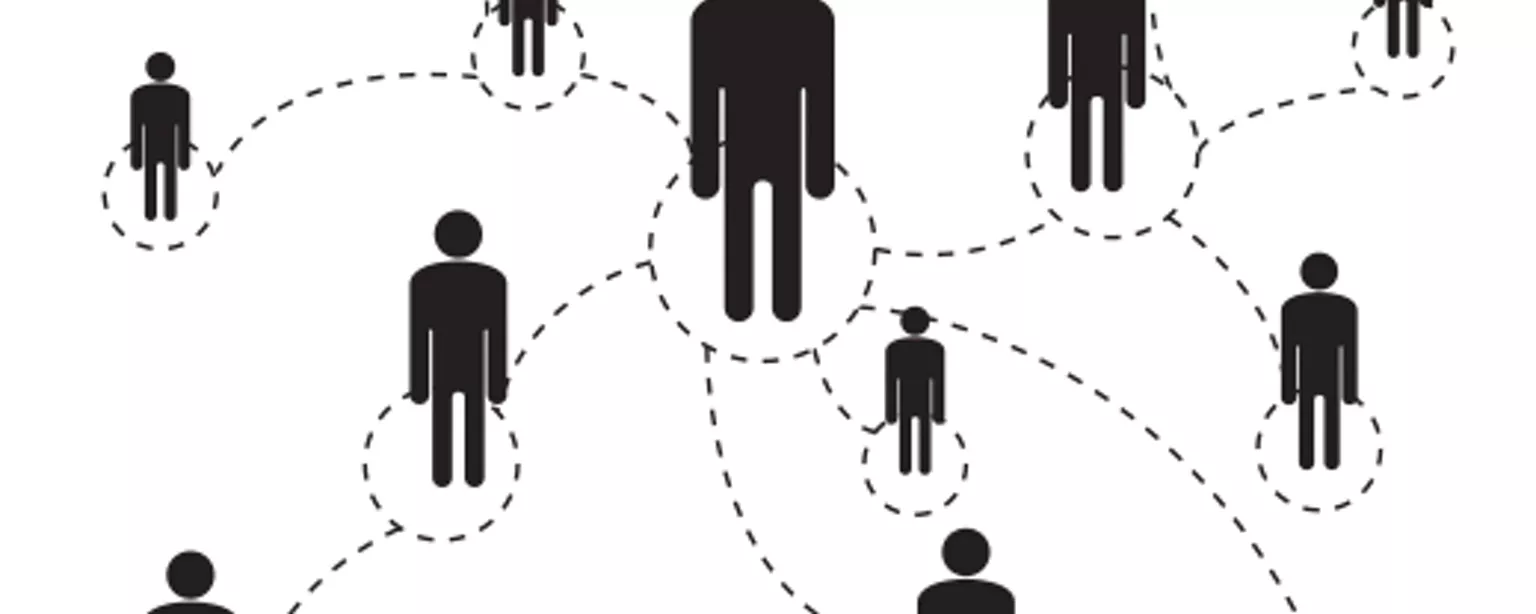Launched in 1988, computing’s Stone Age, PeopleSoft is one of those large, monolithic in-house systems that is currently under threat from faster and cheaper cloud and SaaS solutions.
Industry gossips question the commitment of parent company Oracle to the software’s long-term success, given increased competition from new systems such as WorkDay, while SAP continues its unassailable position as the leader in this sector.
With all that in mind, PeopleSoft skills are a terrific asset to have on any resume, and well-paying, dedicated PeopleSoft roles are still currently available. Some companies have not updated their in-house software, especially when it comes to a non-revenue generating function such as HR or Logistics.
How PeopleSoft can help to reboot your career
The demand for PeopleSoft experts could remain steady, regardless of what happens in the general ERP market. Having these skills also opens up some new career avenues, and there are opportunities for those looking to transition from IT to HR roles, or vice versa.
PeopleSoft analysts need two skills: a knowledge of the software and associated database skills such as SQL, and an understanding of the complex business processes served by the software. Depending on how PeopleSoft has been deployed, this may involve some complex concepts in relation to workflow planning and resource management. The ideal candidate for a PeopleSoft-related role is someone who’s both highly skilled in IT and knows how to develop and implement corporate structures such as HR policies.
Few people have experience in both fields, but working with PeopleSoft is a great way to broaden your skill set. If you are coming from an IT background, a role of this kind will give you a deep understanding of the techniques and strategies required for organizing large groups of people, resource management systems and workflow control. These are enormously transferrable skills that add long-term value to your resume.
Similarly, if you’re currently in HR and you're looking to get into the IT sector, you can leverage your PeopleSoft skills to build your new career. Having an understanding of the system and knowing how to get the best out of it in real time is a good first step towards certification. Going down the road of PeopleSoft certification will involve learning about system administration, SQL and software development skills. From there you can remain focused on PeopleSoft, or look at a whole new career in IT.
Your PeopleSoft skills set you apart from the crowd
The best thing about PeopleSoft experience is that it gives you real insight into how large companies function, both in terms of organization and technical infrastructure. That skill set is difficult to acquire, and therefore has a considerable value in the job market.
Meanwhile, PeopleSoft isn't going anywhere. For all the doomsaying, it still provides an enormous amount of IT infrastructure for businesses all over the world, and will likely continue to do so for years to come. It’s more than 25 years old now, so who’s to say that it won't be around for another 25 years?








